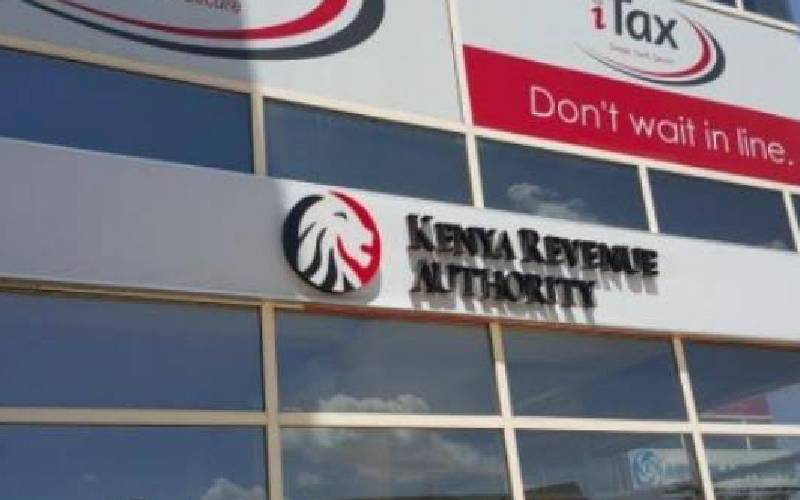
It is good that following the presidential intervention, customs officers at Jomo Kenyatta International Airport have reportedly toned down on enforcement of tax compliance. Perhaps an overly zealous officer may have demanded ad valorem duties a tad too robustly. Perhaps entitled Kenyans returning from overseas jaunts may have thought it their right to pass through customs with expensive merchandise without paying required duties.
Whatever the case, the jury is still out. But having seen first-hand the attitude of my compatriots, I would err on the side of customs officers. Kenyans are docile in other jurisdictions until the plane touches down at JKIA. Then the attitude kicks in! For starters, when the plane is still taxiing to the terminal, they will ignore signs to keep their seat belts buckled. They will turn a deaf ear to cabin crew's admonitions to do so for their own safety then totally disregard requests to give priority to families with children and elderly passengers needing assistance to disembark.
The "me first" attitude persists when queuing to go through immigration. There will be those who feel too big to queue with other mortals, who either jump the queue or head directly to counters reserved for VIPs or diplomats. It then doesn't come as a surprise when such people demand to be allowed into the country with goods that are obviously of a commercial nature. How else can a suitcase full of the latest iPhone or Samsung phones be described?
Sample this; a Nation newspaper article recently mentioned that a sitting governor had six brand-new iPhone Pro Max mobile phones he had brought into the country confiscated by customs officials. This was after an altercation in which he allegedly refused to pay requisite duties. The governor pulled rank and the phones were released to him after threats of sanctions against the junior officers doing their job.
It is said that the mark of a civilised society is reflected in the ability to queue for public services unsupervised by law enforcement officers. Where there is moral and ethical rectitude, observance of laws, rules and regulations is taken for granted. Nobody expects passengers arriving in a country with dutiable goods to go through the "nothing to declare" exit. But where probity levels are low, enforcement is a matter of course. That is why, despite the presence of traffic lights in all the major city roads, policemen must be on standby to enforce compliance.
Those chocking with sanctimony over the enforcement of ad valorem taxes are most likely the ones who drive on pavements, overlap, run through red lights and think nothing of jumping queues just to get ahead of everyone else. Yet every such action has a malefic effect on society. For instance, dodging duties on items that are clearly of a commercial nature distorts the business environment by giving an undue advantage to "smugglers." Where there is a level playing field, competition is on the basis of services offered. It should never be contingent on huge price discrepancies that exist between established dealers of certain products and the fly-by-night characters peddling illicit goods who set up shop today and are gone tomorrow.
We have a country to build; just not through a culture of entitlement.
Mr Khafafa is a public policy analyst
 The Standard Group Plc is a
multi-media organization with investments in media platforms spanning newspaper
print operations, television, radio broadcasting, digital and online services. The
Standard Group is recognized as a leading multi-media house in Kenya with a key
influence in matters of national and international interest.
The Standard Group Plc is a
multi-media organization with investments in media platforms spanning newspaper
print operations, television, radio broadcasting, digital and online services. The
Standard Group is recognized as a leading multi-media house in Kenya with a key
influence in matters of national and international interest.
 The Standard Group Plc is a
multi-media organization with investments in media platforms spanning newspaper
print operations, television, radio broadcasting, digital and online services. The
Standard Group is recognized as a leading multi-media house in Kenya with a key
influence in matters of national and international interest.
The Standard Group Plc is a
multi-media organization with investments in media platforms spanning newspaper
print operations, television, radio broadcasting, digital and online services. The
Standard Group is recognized as a leading multi-media house in Kenya with a key
influence in matters of national and international interest.






